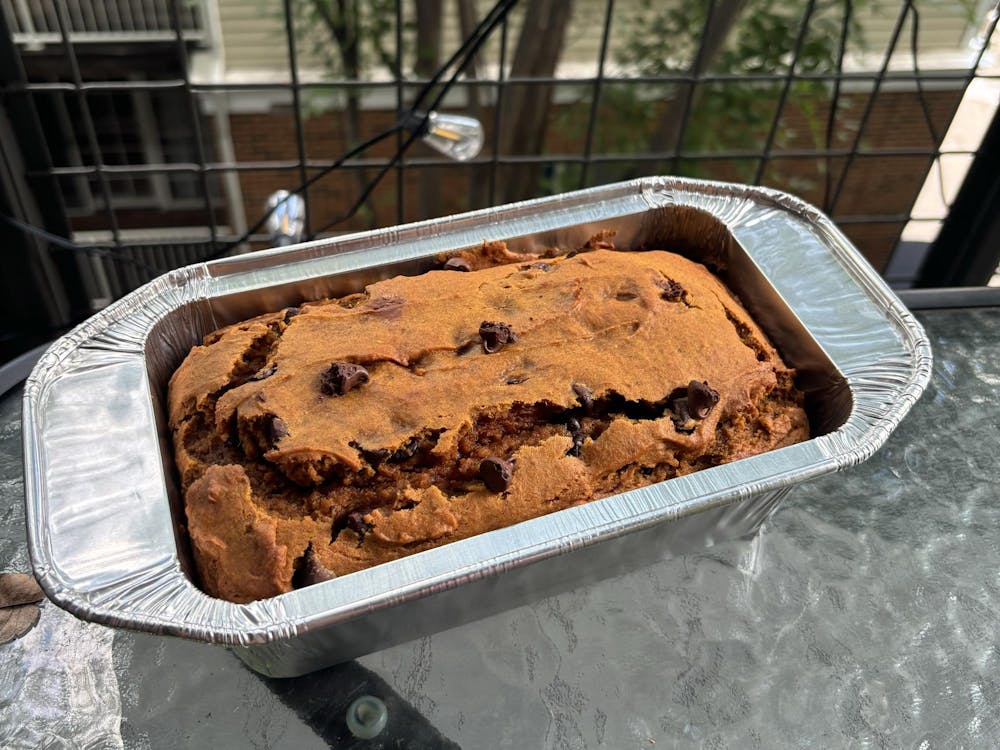The Bhut Jolokia. The U-morok. The Red Naga. Different titles for the same three-inch-long maelstrom of pain — the ghost chili pepper. Each fiery red husk contains over one million Scoville heat units. Only those with exceptional decision-making skills would try one — scientific fact.
Anyways, I’m getting ahead of myself. Plenty of time to laud my phenomenal and breathtaking life-choices later. First, I should establish another important scientific fact — you’ve never tasted anything spicy.
Now, I’m not trying to diminish any past experience you’ve had enduring eye-watering, throat-scalding dishes. I’ve never tasted anything spicy either. Nobody has, because — interesting tidbit — spice isn’t something the human body can taste.
According to the US National Library of Medicine, the 10,000 taste buds on the average tongue can perceive about 5 tastes — salty, sour bitter, sweet and an oddball one called umami. For those who don’t know, umami refers to the savory taste in ingredients like soy sauce. Spiciness isn’t something our tastes buds can perceive at all.
What is spiciness, then? Well, on a fundamental level, spiciness is heat and pain. Nothing else. I’m not just being grumpy because I was dumb enough to eat a ghost chili — I’m being scientific. Spice chemicals trigger the same heat and pain receptors which would activate if a person leapt into a burning building. It’s madness.
So, if spiciness is just heat and pain, why do we eat spicy foods at all? Well, as the honorary “moron who ate a ghost chili,” I feel some burden of justification falls to me.
For myself, I’ve always wanted to be some sort of master of spicy food — to be able to shrug off heat without the slightest discomfort. I think we all have that fantasy to some degree for no other reason than to seem composed and laid back. Like, “yeah, heat and pain just don’t affect me really. I must be too cool.”
From an objective standpoint, spiciness and my body don’t mix well. From a culinary perspective, my tongue clocks out at a solid medium. Hot and very hot? Insanity. I’ve been trying to build up an endurance to spice for a while, but I’ve never been successful.
However, I always overestimate my ability to do, well, anything at the start of a new semester. After over a month of relaxation, it’s hard not to feel invincible. Full of misplaced determination, I normally sign up for impossible classes, set alarms for excruciating hours and buy groceries like I care about nutrition.
This year, however, my sense of new-semester invulnerability led me to attempt something a smidge less sensible.
In my defense, I didn’t just chomp down on a ghost pepper — stem and all — and swallow it in a single bite. Sure, I took a sizeable swig of sauce made from ghost pepper extract, but only for a refined and intelligent reason — my friend said it made his roommate cry, and he wanted me to try it. How could I say no?
On the bright side, by trying a ghost pepper, I was able to discover the obvious — the experience is not ideal. The heat hits you in waves. First, I couldn’t swallow. Then my eyes started watering, and my lips swelled up. A scalding heat erupted on my tongue. I couldn’t really breathe. My body’s heat and pain receptors caught fire. I’m fairly certain every molecule in my body exploded, producing a cataclysmic reaction that could result in the heat death of the universe.
Did I gain any grand epiphany from my experience? Did I become a master of spiciness? Well, no. I can say, however — with a high degree of certainty — that ghost peppers are fairly hot.
Spiciness might not be an actual taste, but I still understand why people enjoy spicy food. It’s like going skydiving. Sure, it might not be relaxing and enjoyable in the moment, but it does provide a relatively harmless adrenaline rush.
Eating a ghost pepper, however, is like going skydiving without a parachute. I tried it. You don’t have to.





